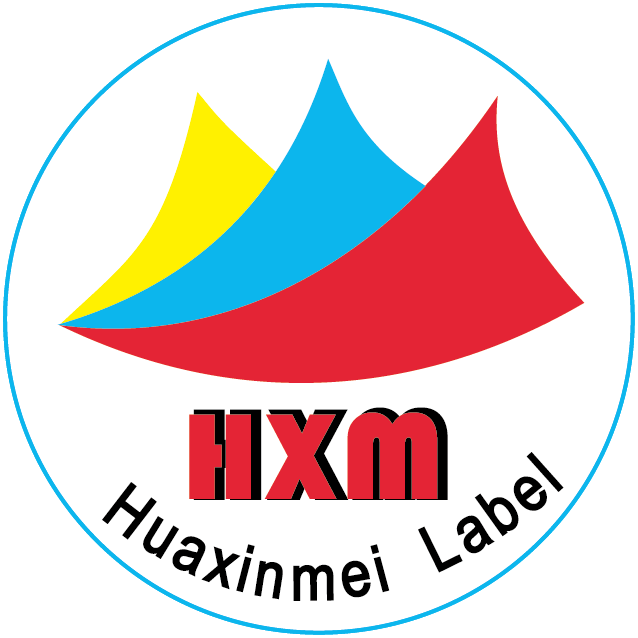Custom metal labels are widely used across various industries, such as the wine industry, automotive industry, and cosmetics industry.
Manufacturing Industry:
In manufacturing, custom metal labels are used for product identification, traceability, and quality control. For example, in the automotive sector, metal labels identify key components like engines and gearboxes, recording production batches, dates, and raw material sources to enable quick traceability and recall in case of quality issues. The steel industry also extensively uses metal labels to mark sheets, coils, and wire rods. These labels must withstand high temperatures, acids, alkalis, and oils.
Logistics Industry:
In logistics, metal labels are primarily used for cargo tracking, identification, and security management. Attaching metal labels to packages or pallets allows for real-time positioning and tracking, enhancing transport efficiency and accuracy. Their durability ensures the information remains intact during shipping and storage, avoiding damage or loss.
Retail Industry:
Retailers use custom metal labels for product traceability, inventory management, and price labeling. For high-end or luxury goods, metal labels enhance the product’s aesthetic appeal and perceived value. Scanning QR codes or barcodes on metal labels provides consumers with detailed information, such as the product’s origin, ingredients, and usage instructions, boosting consumer confidence.

Power Industry:
In the power industry, metal labels are commonly used as utility pole number plates, marking information like voltage levels, line names, and pole numbers for easier maintenance and management. These metal plates are corrosion-resistant and weatherproof, ensuring long-term durability outdoors.
Medical Industry:
With strict requirements for tracking and managing items, the medical industry uses custom metal labels to identify and trace medical devices, pharmaceuticals, and consumables. Labels can record usage history, maintenance, and sterilization records of medical equipment. Some specialized labels can even withstand cryogenic environments like liquid nitrogen storage for drugs and biological samples.
Aerospace Industry:
Aerospace demands strict part identification and management. Custom metal labels are used on aircraft parts, engines, and aviation equipment. These labels must be high-temperature resistant, wear-resistant, and corrosion-resistant, ensuring traceability and safety under extreme conditions.
Oil and Gas Industry:
In harsh environments characterized by high temperatures, pressures, and corrosion, metal labels mark and trace pipelines, valves, and storage tanks. For example, RFID anti-metal tags can monitor pipeline operation in real-time to prevent leaks and accidents while aiding maintenance and management.
Electronics Industry:
Custom metal labels help manage IT assets like computers, switches, and servers, enabling quick identification and inventory. Some labels offer added functionalities like conductivity, thermal conductivity, or magnetism, providing extra value to electronic products.
Furniture Industry:
Some high-end furniture uses custom metal labels to enhance brand image and product quality. These labels may display brand logos, product models, and material details, serving both an identification and aesthetic purpose.
Food Industry:
For premium or traceable foods such as wine or olive oil, metal labels provide product identification and traceability, recording details like origin, production date, shelf life, and raw material sources to meet consumer demands for food safety and quality.

Jewelry Industry:
In jewelry, custom metal labels are used for product identification and anti-counterfeiting. Labels can be embedded in jewelry, displaying brand marks, model numbers, material content, and weight. Special techniques like laser engraving and QR code anti-counterfeiting protect consumer rights.
Construction Industry:
In construction, metal labels mark and manage steel, cement, and other building materials, as well as metal facilities on construction sites. Material labeling enables traceability of sources and quality inspections, ensuring project safety. Real-time monitoring of site metal facilities also helps prevent theft and damage.


